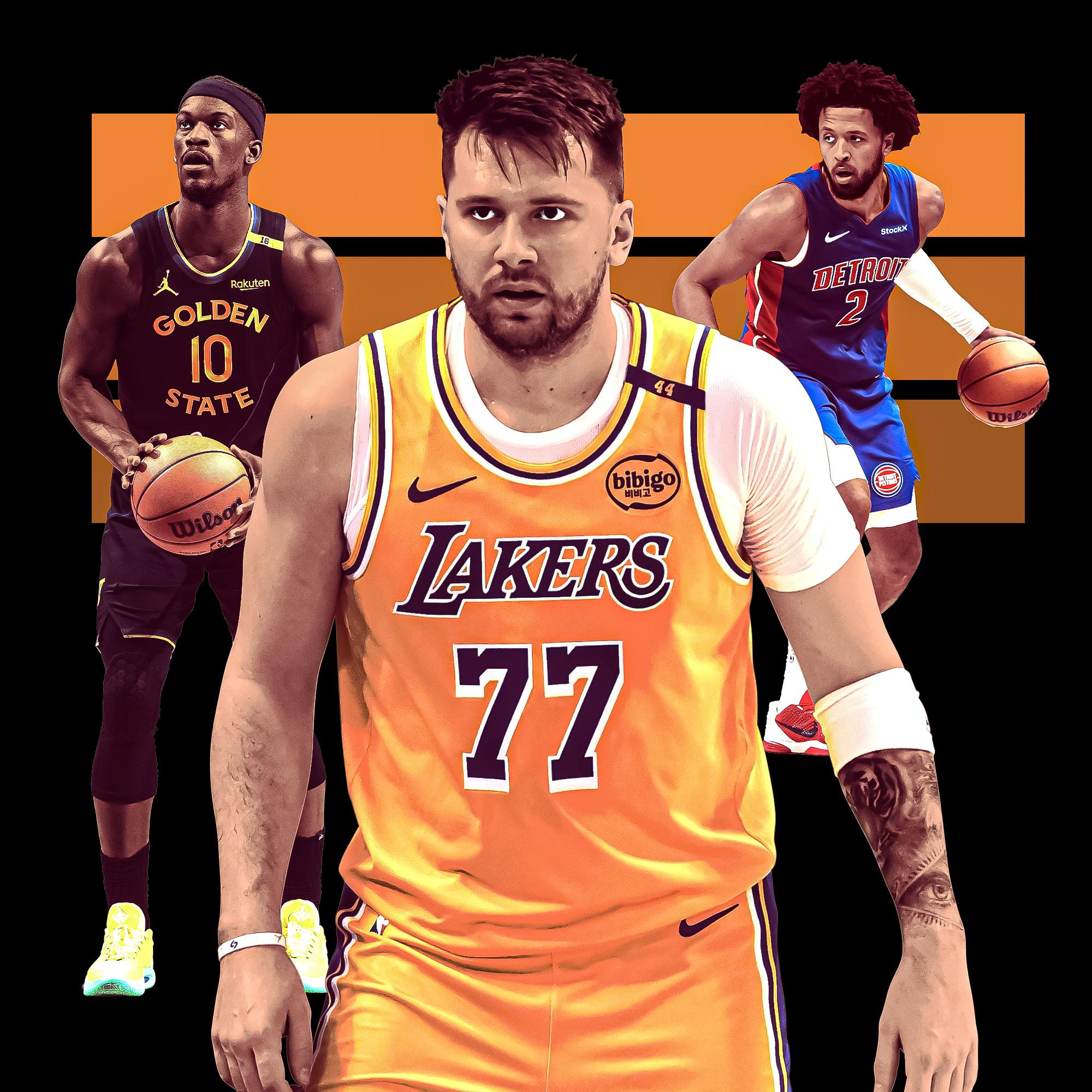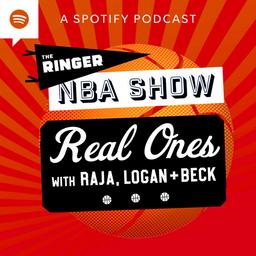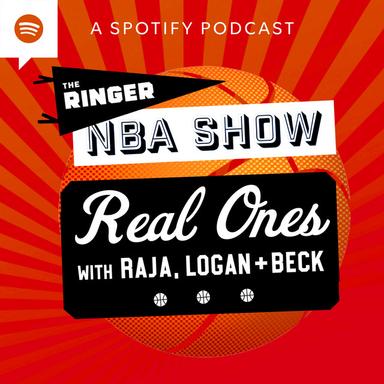There is some kind of magic in this nascent connection developing between Russell Westbrook and Nikola Jokic. It’s emerging, evolving, manifesting in real time. “You’re learning while you’re playing,” Jokic said earlier this month, when asked about the acclimation process of playing alongside Westbrook, one of the most divisive players in basketball history. Quick learner, that guy. For the past month, Westbrook and Jokic have coauthored volumes of telepathic poetry on the court: give-and-gos, inverted screen-and-rolls, synaptic read-and-react motions. It’s hard to believe they’ve only been teammates since July. Their synergy is both improbable and obvious.
This Nuggets epoch has been built on the two-man dance between Jokic and Jamal Murray, but in a season in which Murray has only just recently gotten back into a rhythm, the quickly forged chemistry between Westbrook and the big Serb has been essential. It’s a connection built not on time or repetition, but through—bear with me here—something resembling a mutually assured fantasy. A Jokic-Westbrook give-and-go is a moving portrait of how life might be with a different set of skills. What if an aloof genius like Jokic could be propelled by an on-court mania like Westbrook’s? What if an indefatigable hellhound like Westbrook had the sheer enormity of Jokic’s frame? Jokic can’t turn the corner and explode like Russ, and Russ can’t draw five pairs of eyes by simply standing still at the elbow like Jokic. But together, in their diametric opposition, they complete each other’s actions and intentions. For Westbrook’s latest act, he is David’s slingshot, upscaled and retrofitted for Goliath. This is the point guard that Russ has always asserted himself to be—not bound to style, but rather to a sense of purpose—whether we cared to listen or not.
The ways Russ has integrated into Denver’s system are uncanny. He has assumed the fun-size battering-ram role that Bruce Brown vacated over a season ago; he’s the Nuggets’ most accurate and prolific shooter on corner 3s, hitting a higher percentage of his attempts than Kentavious Caldwell-Pope did in his two seasons with the team; his combined steal and block rates are as high as they’ve ever been; he’s the best passer Jokic has ever played with, and he’s quickly grasped how effective simply throwing an entry pass to the big man down low can be for the entire offense; for a player who spent much of his career maligned for being ball-dominant, his off-ball movement has created its own distinct microclimate in Denver’s half-court offense. It’s been pretty close to an ideal fit for all parties involved, which, again, is uncanny. Even at his peak, has Russ ever really fit in anywhere?
For his entire career, Westbrook has run up against notions of decorum: from the league, from its fans, from a nascent analytics lens that has come to encapsulate the game in its sphere of influence. To my eye, Westbrook’s strongest point of comparison has always been Rafael Nadal, an athlete defined by the way his intensity, explosiveness, and brutishness foiled the regality and nimble idealism of Roger Federer—I’ve attributed far too much symbolic weight to the fact that Nadal won his first non–French Open major (in arguably the greatest tennis match ever played) mere weeks after Westbrook was drafted, as if setting the tone for a young and hungry Russ. The advantages of Nadal’s relentlessness and punishing forehands afforded him the time and space to improve on his weaknesses (his serve speed) just as the velocity of Westbrook’s berserker drives offered him unique windows to improve his vision and passing creativity. Of course, Nadal had to worry only about self-improvement, and his gains along the margins have placed him among the greatest of all time; Westbrook’s added dimensions over the years have turned him into one of the game’s great statistical anomalies, but his influence over the other four teammates on the floor has always been subject to more scrutiny than most. It’s no mystery as to why. Tennis is an individual sport; basketball isn’t—there is a compounding effect in Westbrook’s disappearing jump shot that affects his place in the game on a level that goes beyond the impact of Nadal’s fluctuating serve. Westbrook’s decline was more existential. It was a referendum on his identity as a point guard, a label he’d already spent his entire career fighting like hell to affirm.
Westbrook was selected fourth in the 2008 draft, in the afterglow of Steve Nash’s back-to-back MVP awards and the rise of Chris Paul as a young Point God. These days, the “traditional point guard” is nearing extinction, but positional norms used to count for a lot. It’s not necessarily that Russ was the victim of an aesthetic bias back then—viscerally, we all love horror flicks, we all love gawking at high-speed chases—but more of an archetypal bias. Westbrook, from the onset, embodied chaos at a position that will always be associated with control.
His statistical profile would always pale in comparison to that of Kevin Durant, the über-efficient slenderman he costarred alongside; Russ may have hoarded numbers, but they weren’t the right numbers. And when his triple-doubles became a nightly, expected occurrence, they became a scarlet letter of sorts, somehow painted as unvirtuous. Pure of heart, but not intent. Westbrook has always been caught between distinctions that scarcely mattered, and his solution has always been the same: Obliterate the labels, boxes, and frameworks meant to cordon him off from the player he’s always known himself to be. “My job is to do everything,” Westbrook once said. “That's what I do. I go out and do everything and I do it on a night-in, night-out basis.”
In this light, the fact that Westbrook has thrived in Denver isn’t so strange. This is the player you get when you choose to affirm his reality, at his speed, rather than shoehorn him into a preexisting void. “I told him that I wanted him to challenge himself to be the best version of himself,” Nuggets coach Michael Malone said earlier this month. “No offense to any of his past coaches, but if you put Russell Westbrook in the corner, you’re not getting the whole package. We’ve made an effort to get the ball into his hands quite a bit this season.”
Malone’s words suggest a fundamental understanding of who Westbrook is and could be within the Nuggets’ system—and a faith in Jokic as an organizing principle. Thunder GM Sam Presti used to describe Westbrook’s dynamic athleticism as a “force of nature,” but I’ve found myself thinking about that framing with regard to Jokic every time I watch him play. He instills a greater consciousness on the floor akin to nature itself. A few years ago, my wife and I were walking through the woods when she stopped and marveled at a Red-Osier dogwood shrub growing on the side of the trail. In her time as a landscaper working residential properties, she’d seen plenty of these dogwoods in the neighborhood. It was her job to prune low-hanging or criss-crossing branches in an effort to promote better growing conditions. She stood in quiet reverence admiring the wild dogwood on the side of the trail. It was perfectly shaped, without any human interference. The conditions of the forest—the competition for sunlight, the hidden networks of communication beneath the soil—created a natural blueprint for success far greater than anything the shrub would find growing in isolation in a different environment. We know what it looks like when Westbrook grows in isolation, unpruned. Now we know what form he can take under the right auspices.
It’s also funny what the passage of time can do. CP3 was the heir to orthodoxy and lived that life as the model point guard for two decades; Westbrook was the rage-fueled heathen who blazed his own path. These days, at the tail-end of their respective careers, their approaches still differ wildly, and yet, are they not stewards of the same ilk? Westbrook had 96 assists to Jokic, just behind Paul’s 101 assists to Victor Wembanyama. It’s fascinating. Westbrook and Paul’s respective roles for their teams are more or less indistinguishable in a certain context. On the floor, they largely operate as executors of another’s will—spiritual extensions of two of the most talented big men the game has ever seen. And they’re each uniquely suited to their respective tasks: Wemby’s alien audacity is contoured by the structure that Paul grants every offense he plays in; Jokic’s maestro sensibility pops when there is a jolt of discord in its midst—and no one delivers chaos quite like Westbrook. The puzzle pieces align, and it’s an easy fit. That hasn’t often been the case. The Rockets once traded away the only true big man they had in order to give Westbrook the runway they thought he needed; conversely, the Nuggets’ primary big man is Westbrook’s runway: their two-man game is defined by sharp downhill cuts Westbrook makes without the ball in his hands. For the first time in Westbrook’s career, he hasn’t had to hand-craft his own sense of logic within a team through brute force. Logic has found him, at long last.
In May 2014, my brilliant colleague Brian Phillips—a native Oklahoman and Day 1 Westbrook enthusiast/apologist—penned a piece for Grantland tracing Russ’s career arc, from a scrawny 5-foot-10 Angeleno who hit a life-changing growth spurt to a divisive supernova nipping at the heels of greatness. Westbrook was about to conclude his sixth NBA season. Unbeknownst to Brian, he was cataloging the twists and turns of a career that hadn’t even truly emerged. Think of all that’s transpired in the decade since! The very next season, in 2014-15, Westbrook would rise as a bona fide MVP candidate for the first time. The story ran three years before Westbrook’s career-defining achievement of averaging a triple-double for an entire season, which he would subsequently accomplish another three times. His gravity of will led to one of the most perverse iterations of small-ball ever assembled, in Houston. And then, a precipitous fall: his last triple-double season in Washington, which seemed to diminish his repeated achievements rather than bolster them; three years spent back home in L.A., with both the Lakers and Clippers, only to see his name and reputation sink to unfathomable depths. His shot abandoned him, as did the faith in him across the NBA.
What’s that saying you all love so much? What is dead may never die? Well, it took a thousand little deaths for Russell Westbrook to arrive at his current act in Denver—one day you’re a raging half-deity giving shape to the spirit of Oklahoma, and then everything cuts to black and you wake up, years later, to the news of getting waived by the Utah Jazz for the second time in the span of 18 months. We’d cycled through the stages of grief, we’d accepted the reality of Russ’s ruin. For years, the thrill of watching Westbrook in his maximalist splendor was undergirded by a central anxiety, forecasting a future in which his on-court fury and explosiveness wouldn’t just fade, but burn out. Westbrook’s demise was the only part of a long, impossible career that seemed to follow logic—a state of being that at times has eluded him and at others he’s categorically rejected. And yet, here we are, with Westbrook at 36, bending logic at the seams once more for old times’ sake. It’s been a season that has upended much of what we thought was true about Russell Westbrook. It’s been a season that has confirmed everything that Westbrook knew to be true about himself. This isn’t Russell Westbrook’s reeducation. This is our reeducation in Russell Westbrook.



